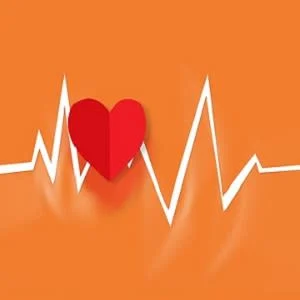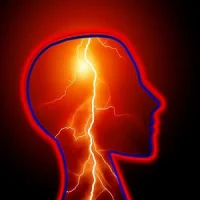During one of the Hot Line trials
that took place at the European Society of Cardiology 2017 in Barcelona, late-breaking
results revealed that patients who used a mobile heart monitoring device to
record an ECG were almost four times more likely to be diagnosed with atrial
fibrillation (AF) than patients receiving routine care.
AF is a common
and serious heart arrhythmia that accounts for up to one-third of strokes. It
can lead to the formation of blood clots in the heart, which break off and
travel to the brain, causing a stroke or transient ischaemic attack. In more
than 25% of AF-related strokes, AF is not picked up before the stroke because there
are in fact no obvious symptoms.
Results indicated that in REHEARSE-AF, 1,003 patients
aged 65 years with a CHA2DS2-VASc score of ≥2 were randomised to receive a
mobile heart monitoring device (500)—which they had to use twice a week—or
routine care (501).
Professor Julian Halcox (Swansea Medical School, Swansea,
UK) went on to explain that the device is attached to a smartphone and used to
record an ECG. The ECG is then sent via WiFi to an electrophysiologist for
review. During the 12 months of the study, 19 patients in the device arm were
diagnosed with AF compared with five in the routine care arm (p=0.007).
Prof, Halcox explained that this finding meant that
patients using the heart monitoring device had a “four-fold greater likelihood
of being diagnosed with AF” (the hazard ratio was 3:9). He said the device
appeared to be “highly acceptable” to patients in the device arm, observing that
they were actually less anxious about the risk of heart rhythm abnormalities
than were those in the routine care arm.
Prof. Halcox concluded by saying that while the data does
indeed suggest that this strategy has the potential to reduce the risk of
stroke and systemic embolism, the full clinical impact and cost-effectiveness actually
requires further evaluation in a larger, prospective, outcome trial.
Source: ESC
Image Credit: Pixabay










